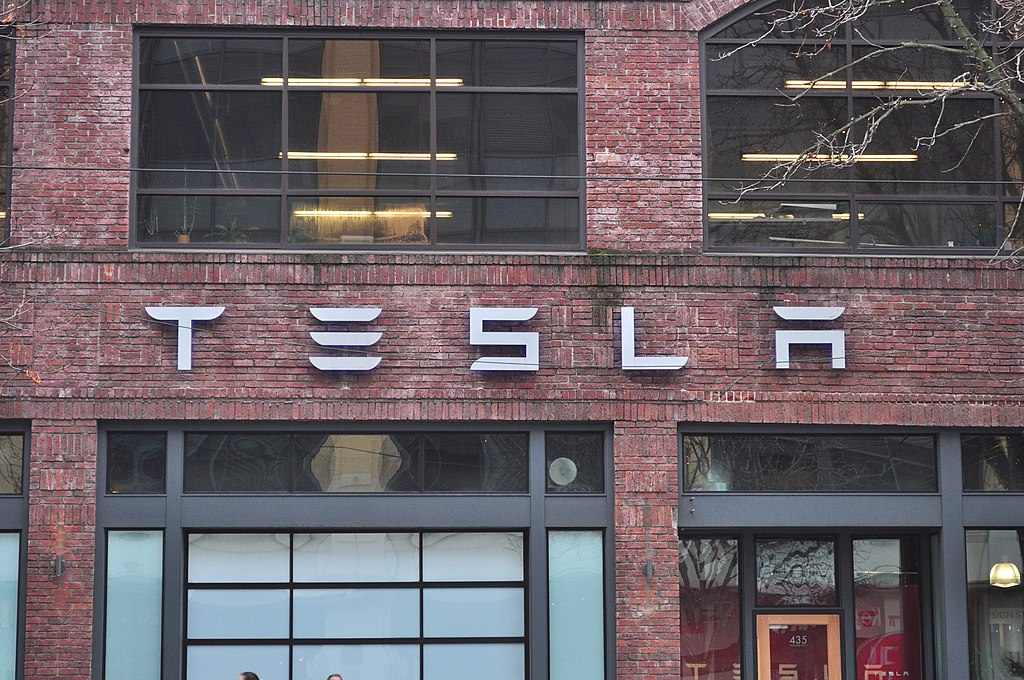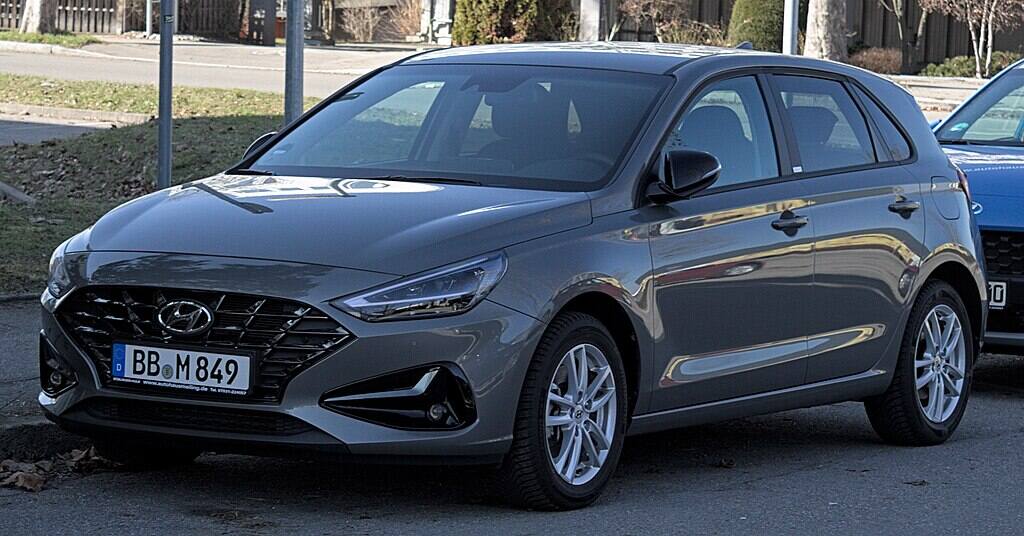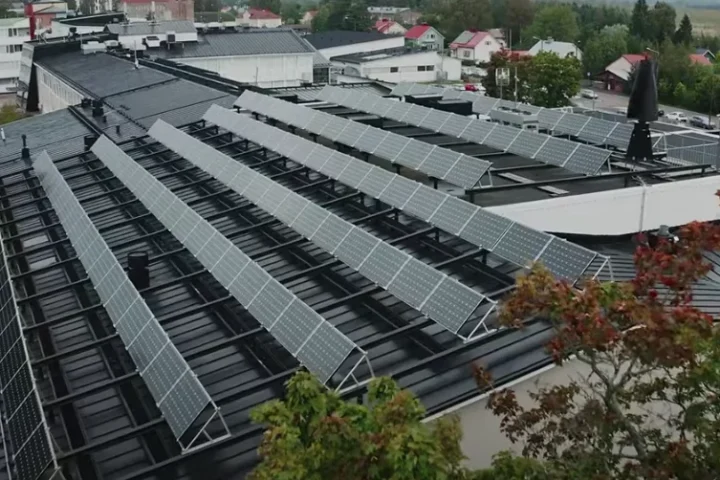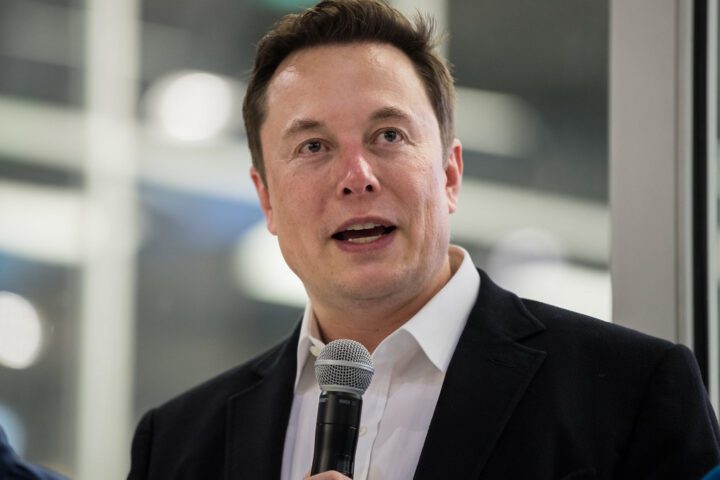Tesla’s grip on the U.S. electric vehicle market has slipped to its lowest level in nearly eight years. The company now holds just 38% of U.S. EV sales, falling below 40% for the first time since October 2017, according to data from Cox Automotive.
This sharp decline shows a troubling pattern for Tesla. Its market share has fallen steadily from 48.7% in June to 42% in July, and now 38% in August 2025. While Tesla’s sales actually grew by 3.1% in August, the broader EV market surged by 14%, showing that buyers are increasingly choosing other brands.
“When you’re a car company, when you don’t have new products, your share will start to decline,” explains Stephanie Valdez Streaty, Cox Automotive’s director of industry insights. This simple truth highlights Tesla’s biggest challenge – an aging lineup that hasn’t seen a major new addition since the Cybertruck in 2023, which hasn’t matched the success of the Model 3 or Model Y.
Tesla also faces tough competition from traditional automakers offering attractive deals. Hyundai, Honda, Kia, and Toyota have all stepped up with higher buyer incentives, boosting their EV sales by 60% to 120% in July alone. These companies are benefiting from shoppers rushing to take advantage of the $7,500 federal tax credit before it expires at the end of September.
Similar Posts
The competition has turned fierce at dealerships. Topojoy Biswas, a 41-year-old tech worker in San Francisco, recently chose a Volkswagen ID.4 over other options after being offered zero down payment, zero interest rates, and free fast-charging. “It felt like the deal of the market,” he said.
This market shift puts Tesla in a difficult position – either cut prices and offer bigger incentives to maintain sales volume (hurting profits) or protect margins and watch its market share continue to shrink.
The challenges aren’t limited to the U.S. market. In China, Tesla’s retail sales dropped 9.9% year-over-year in August, marking the sixth monthly decline in the first eight months of 2025. This global pressure comes as Tesla shifts its focus toward robotaxis and humanoid robots while delaying plans for cheaper electric vehicles.
Much of Tesla’s trillion-dollar valuation depends on this strategic bet. The company’s board recently proposed an unprecedented $1 trillion pay package for CEO Elon Musk, tied partly to Tesla reaching an $8.5 trillion valuation over the next decade.
For now, Tesla’s core car business remains its money maker, but its aging product line and strong competition point to continuing challenges ahead. With the federal EV tax credit set to expire at the end of September, analysts expect a sales drop afterward, which could put even more financial pressure on Tesla and other EV makers.



















